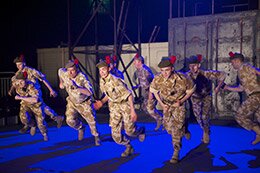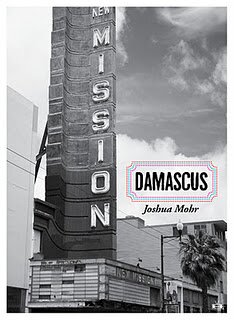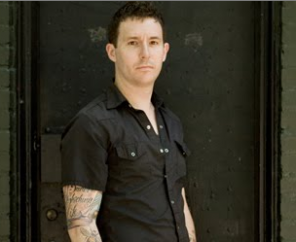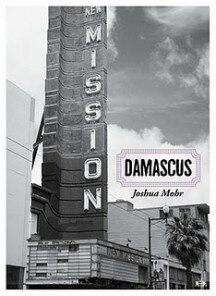The familiar and strange merge at The National Theatre of Scotland’s Black Watch (at the Paramount through May 5, ask about a 2-for-1 offer on tonight’s and Wednesday’s performances). The result is exciting, disorienting, wonderful theatre. The show is a familiar type of documentary theatre derived from interviews with soldiers of the eponymous regiment. It sprang to life as the must-see hit of the 2006 Edinburgh Festival Fringe and has been on a worldwide tour ever since.
Much of Black Watch’s popularity stems from simple, highly effective visuals of astonishing beauty. Such moments thrust it out of the realm of stolid documentary theatre into a higher and more affecting place.
The Paramount’s lobby is there in all its grandeur, as is the house, only the orchestra level floor has been stripped bare without a bit of seating. A block of risers fills the front third of the house. This production uses an “alley staging,” in which the audience is on two sides with the stage running between them. The presence of audience behind the performance brings an inherent self-consciousness to the production that is also evident in the content. This is another way in which Black Watch is both familiar and strange.
Form reinforces content throughout, as in the opening scene in which a researcher creating the piece conducts interviews with former soldiers. The soldiers’ responses come to life in lectures on the regiment’s history, missives to the home front, and scenes of life in camp. Their forms range from unadorned monologues to song (mostly from the regiment’s traditions) and even dance theatre.
In terms of plot the documentary reveals a regiment with a significant history that is fading due to dwindling recruitment. The soldiers repeatedly note that they were trained to defend the homeland, not invade and occupy Iraq (though they’ve served everywhere from the Crimea to the Caribbean…and Mesopotamia). They blame the recruitment problems on public dissociation from a mission seen as a mistake. In the end, a single individual’s final break with the regiment emerges from the collective tale and comes to stand for the story of the regiment as a whole.
Movement is the most powerful theatrical element here (well, that and the sound which is at times deafening). The particulars of this regiment’s history and the Hollywood-scale pathos of its disbandment in the midst of an impossible mission are unique, but the disenchanted soldier’s story feels conventional. It’s the abstracted movements that lift the show into a magical realism, conveying more emotional truth than the plot could do on its own. The credit for the choreography goes to Steven Hoggett, who won an Olivier (British equivalent of the Tony Award) for his work.
Black Watch is a great work of theatre and a brilliant spectacle, integrating advanced multimedia with ancient theatre craft. Unfortunately the bulk of the audience at the Paramount finds that their sightlines are obstructed by the relatively shallow rake of the seating. Nothing that occurs on the floor is visible from the downstage seats and with constant mortar shelling the cast spends more than a little time prone. (On the other hand, a slight wobbling in the platform as the audience exits may make one grateful that the rake isn’t more steeply pitched.)
The accents are challenging but not nearly so much as the lexicon. The script does not shy from Scotsmen’s inveterate reliance on the word “cunt” as a nearly all-purpose expletive. It’s also littered with a litany of more obscure terms that can be tricky to guess at by their context.
Black Watch is truly an ensemble piece with the cast operating as a machine of equal parts. Nonetheless there are some standout performances including Benjamin Davies as the volatile Stewarty; Stuart Martin as the goofy central everyman, Cammy; and Stephen McCole (the bullying Magnus from the film Rushmore) as Officer and Lord Elgin. However even calling out these three fine performances begs mention of the others until the entire cast has been named and the show recounted in minute detail.
The power of Black Watch may have waned in the aftermath of the George W. Bush administration that inspired a rush of overtly political plays. With increasing distance from that time we feel less culpable, the alley staging loses some of its import, and the story becomes more of a fable than an immediate tragedy. Still, even without the agitprop pique, the staging and Hoggett’s choreography will take your breath away.



